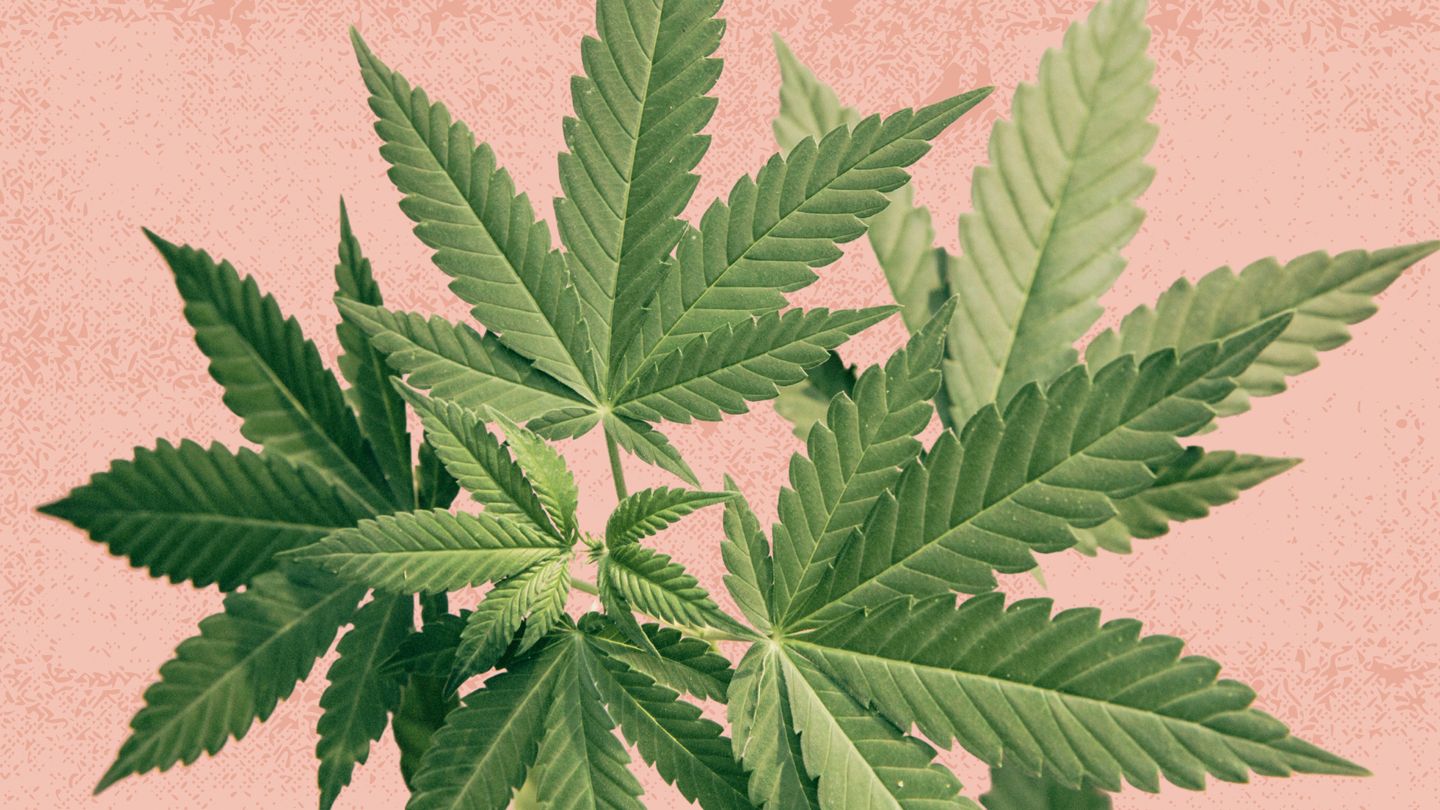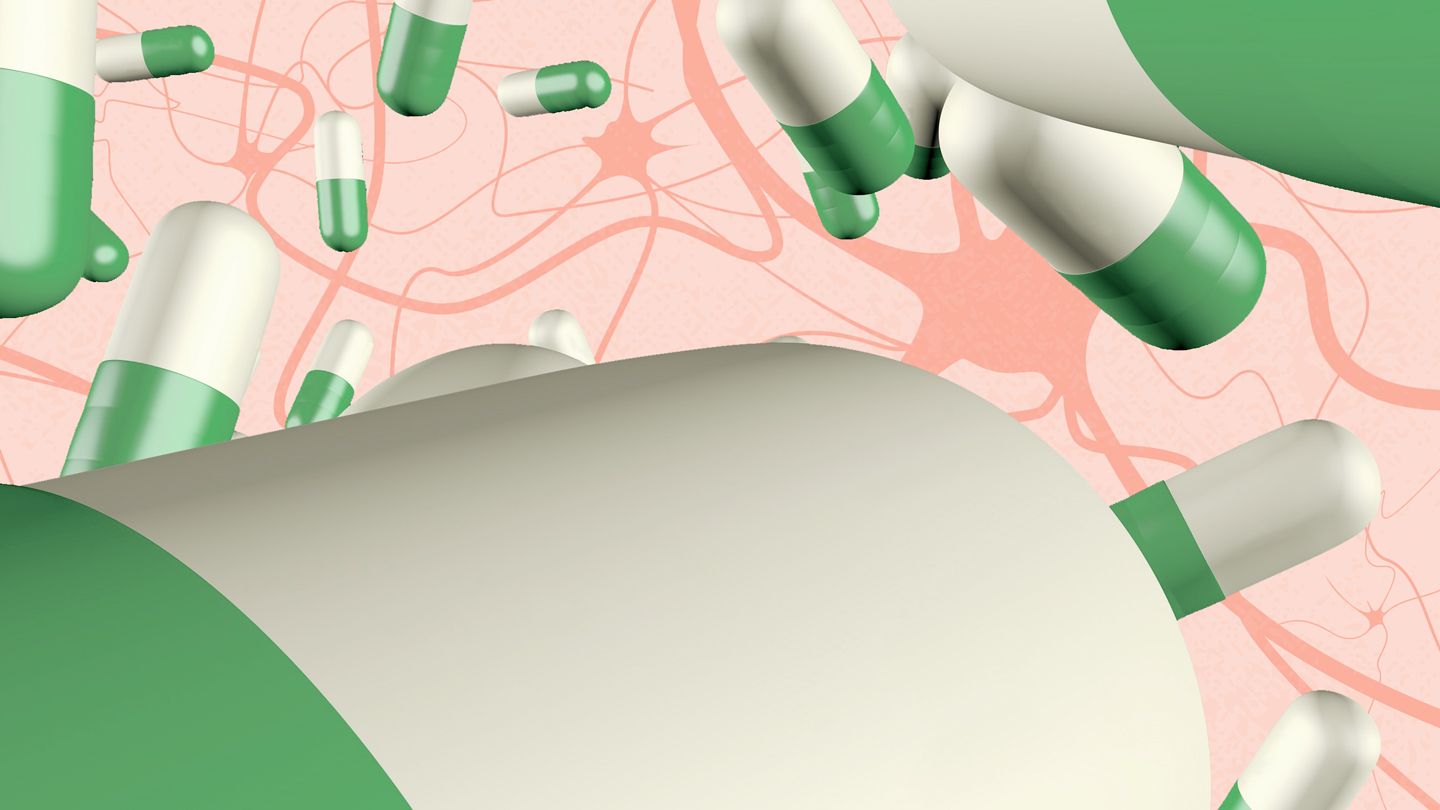Examining the Perspective "I Don't Believe in Depression"
The statement "I don't believe in depression" reflects a perspective that clinical depression may not be a real medical condition. This viewpoint often stems from the misconception that depression is just temporary sadness, laziness or weakness rather than a legitimate health issue. Examining why people hold this belief and the realities of depression can help shift attitudes for better understanding and compassion.
Why Do Some People Not Believe in Depression?
There are several reasons why someone may not believe depression exists or is a true medical problem:
- They view it as temporary sadness or "the blues" that people should snap out of.
- They think symptoms like fatigue and isolation reflect laziness or personal flaws.
- They believe it is an excuse for attention or to avoid normal responsibilities.
- They see it as a weakness of character or lack of willpower.
- They do not understand the complex causes and nature of mental illness.
- They lack empathy or compassion for struggles they haven't experienced.
In essence, not believing reflects misconceptions about what depression truly is. The problem stems from gauging it by the standards of ordinary moods and character strengths rather than as a medical condition.
Why Depression is More Than Just Sadness
Clinical depression is not the same as normal sadness, grief or temporary "blues." It is a complex medical disorder that involves more than just feeling down or unhappy.
Key signs it is more than ordinary sadness:
- Persistent depressed mood for most hours of the day, nearly every day
- Loss of pleasure and interest in usual activities
- Changes in appetite and sleep habits
- Feelings of guilt, worthlessness or hopelessness
- Fatigue, lack of energy and motivation
- Difficulty concentrating, indecisiveness
- Physical symptoms like headaches, digestion issues
- Recurring thoughts of death, suicide or self-harm
These emotional, cognitive and physical symptoms persist for weeks or months, are more severe than normal mood fluctuations, and impair regular functioning. That distinction indicates a genuine health disorder.
Why It's Not Just Weakness or Laziness
Viewing depression as a personal weakness or laziness also reflects misunderstanding. The exhaustion, difficulty concentrating and lack of motivation stem from complex biological and neurological factors - not flaws of character.
Research shows depression disrupts normal brain chemistry and hormones like serotonin, norepinephrine and dopamine. These regulate mood, sleep, appetite and cognition. Low motivation results from impaired energy and focus, not mere laziness. Those with depression desperately want to feel better but can't just "snap out of it."
Also, keep in mind no one would choose to remain depressed if they had full control over their health and mood. The condition impairs the very faculties required to make positive changes. It is not a choice or moral failure - simply an illness.
Why Assuming People Fake It Is Harmful
Suggesting people fabricate or exaggerate depression harms more than helps. In reality:
- No one wants to remain depressed. They seek treatment to improve, not attract pity.
- Faking or stretching symptoms would not benefit them - it prevents proper treatment.
- You cannot judge someone's internal state based on external appearances.
- Accusing people makes them feel worse and less likely to open up.
Assuming people fake depression shows lack of compassion and discourages them from seeking help. An open, understanding approach is more constructive.
Examining the Complex Causes of Depression
Understanding the many potential causes of depression can help grasping it as a legitimate disorder, not a personal shortcoming:
Brain Chemistry and Neurotransmission
As mentioned, depression disrupts brain chemicals that regulate mood like serotonin, dopamine and norepinephrine. Low levels of these neurochemicals and problems with their function can contribute to depressive symptoms.
Genetics and Family History
Research shows depression has a genetic link and runs in families. Those with a parent or sibling with depression have a 25% higher risk. Biological vulnerabilities likely get passed down.
Stress and Trauma
Stressful life events, trauma, abuse, grief, chronic stress overload and certain medications can trigger neurochemical changes. High stress levels sustained over time have a clear correlation to depression.
Physical Health and Pain
Certain illnesses like cancer, lupus, diabetes, hormonal disorders and chronic pain drain mental energy and mood. Some medications also have depressive side effects.
Substance Use
Alcohol and recreational drugs both alter brain chemistry and increase depression vulnerability either during use or withdrawal. Quitting substances can unmask underlying mood disorders.
As this shows, depression arises from complex interactions between genetics, biology, stress, medical conditions and life situations - not personal weakness.
Why It Impacts Anyone
Depression results from factors not always within someone's control. As such, it can happen to absolutely anyone regardless of their character, success or outward life circumstances.
Expecting people to just "snap out of it" fails to grasp how brain changes and imbalances in neurochemistry cause the condition. The state of the physical brain - not personal resolve - determines mood and energy levels.
Blaming weaknesses of character does nothing to help and only fuels shame. Compassion and treatment lift people up.
The Life-Threatening Severity of Clinical Depression
Depression is not just feeling down - it can become a severe, life-threatening health problem at its worst. Understanding this shows why compassionate treatment matters.
Potentially Fatal Without Care
Depression can become deadly if left untreated. Research shows over 90% of suicide victims have an underlying mood disorder. Severe depression distorts thinking to view death as the only escape.
Dismissing or shaming those with suicidal thoughts as "attention seeking" or "weak" only worsens the problem. Taking it seriously and directing them to help saves lives.
Physical Effects of Long-Term Stress Response
Prolonged activation of the body's stress response from chronic depression inflicts physical wear and tear. Effects include:
- High blood pressure, heart disease
- Suppressed immune system
- Increased inflammation, chronic pain
- Headaches, digestion issues
- Increased aging and disease vulnerability
Without healing, depression fuels physical illness over time. Compassion is needed, not judgment.
Cognitive Impacts
Depression does not just impair mood - it also clouds thinking, focus and memory. Studies link it to:
- Difficulty concentrating
- Impaired executive function
- Sluggish processing speed
- Memory and attention problems
- Reduced cognitive flexibility
Viewing depression as laziness or unintelligence fails to understand these cognitive dysfunction aspects. Healing the mind and body together is needed.
The Spiral of Shame, Isolation and Suicidality
Shaming or stigmatizing depression can worsen severity by fueling social isolation, thoughts of unworthiness, and suicidal despair. Compassion and support prevent this downward spiral.
Depression is an already isolating and hopeless state. Adding blame, dismissal or rejection can further cut off social support and make recovery feel impossible.
The Healing Process for Depression
While a single article cannot undo a lifetime of potential stigma or misconceptions about depression, examining the healing process can help shift perspectives toward greater understanding and compassion.
Professional Treatment is Effective
The notion depression will just fade over time with enough willpower is misguided. Research shows professional treatment combining medication, therapy and healthy lifestyle changes helps most people achieve significant relief or full remission.
Therapy equips people with coping strategies while medication targets biological causes. Healing takes work but is absolutely achievable for most.
Medication Corrects Chemical Imbalances
Antidepressants such as SSRIs help depression by correcting low serotonin levels and other neurotransmitter imbalances regulating mood. They are not a "happy pill" but rather help stabilize biology.
Medication removes barriers the disorder erects so other healing work can progress. It aids the natural healing process rather than replaces personal effort.
Therapy Provides Coping Skills and Processing
Counseling modalities like cognitive behavioral therapy equip people with healthier thinking patterns and constructive coping skills for managing symptoms, stressors and negative thoughts. Processing trauma can help resolve origins driving depression.
Talk therapy facilitates taking an active role in one's own healing journey through new mental and emotional tools.
Lifestyle Changes Reinforce Healing
Adjusting daily habits also supports depression recovery by optimizing physical and mental health:
- Regular exercise elevates mood-boosting chemicals and manages stress.
- Healthy eating provides nutritional support.
- Setting small goals adds meaning and achievement.
- Nature exposure relieves depression symptoms.
- Getting enough sleep prevents fatigue from worsening mood.
- Cutting back alcohol stabilizes mood chemistry.
Wellness habits help sustain the benefits of medication and therapy over the long-term.
Social Support Aids Healing
Reconnection is an important part of the depression healing process. Supportive loved ones provide understanding, reinforcement and accountability in one's recovery journey. Processing feelings and experiences with trusted confidants is therapeutic.
Cultivating community alleviates the isolation depression fuels. Feeling understood helps overcome stigma and shame.
Healing is an Ongoing Journey
The notion that depression will permanently vanish after a short time underestimates how long neural pathways take to rebuild and how easily people slip back into old patterns under stress.
Healing requires commitment to an ongoing journey of medication compliance, talk therapy, lifestyle changes and openness to support. There is always room for further growth and relapse prevention.
With compassionate understanding, people can get through depressions darkest moments and come out stronger in recovery.
In Conclusion
Depression is a real and serious medical condition, not a personal failing or character flaw. And regardless of someone's circumstances or outer veneer, no one chooses depression if they could freely control their mental state.
Examining the complex factors underlying depression including genetics, brain chemistry, trauma and stress shows it is a legitimate disorder. While not easy, seeking professional treatment and having a strong support system enables healing.
Rather than stigma, those with depression need compassion. And commenting on anyone's mental health from the outside is always an unwise judgment call. With greater understanding, hopefully we can build a more compassionate society that recognizes depression as an authentic condition deserving caring support, not dismissal.
Disclaimer: This article is for informational purposes only and does not constitute medical advice. Always consult with a healthcare professional before starting any new treatment regimen.
Related Coverage
Having trouble getting out of bed each morning? Learn the reasons why rising can be so difficult such as lack of sleep or depression and get practical tips to make it easier....
Research shows cannabis and cannabinoids like THC and CBD can alter serotonin production, release, and receptor activity in regions throughout the brain....
Artistic outlets like drawing and journaling allow constructive processing of difficult emotions during mental health issues. Visual expression externalizes feelings, builds resilience, and promotes healing....
Certain commonly used phrases can be hurtful to marginalized groups. Here are 10 things not to say in 2022 and more mindful alternatives to use instead....
Learn about the rare yet dangerous serotonin syndrome and its potential link to weed use. Understand the causes, symptoms, diagnosis, treatment, and prevention of serotonin toxicity....
Navigating the transition from Lexapro to Zoloft requires caution to minimize the risk of serotonin syndrome. This guide covers understanding serotonin syndrome, tapering off Lexapro, introducing Zoloft, and following a safe approach....
Depression can make basic cleaning impossible, but a messy home also worsens mood. Explore professional cleaning services or tidying tips to manage symptoms....
As winter sets in, many people suffer from seasonal affective disorder (SAD). Learn what causes it, who's at risk, and evidence-based treatment options available....
Feeling weighed down or heavy in your body can have many causes including poor diet, inactivity, stress, medical conditions, and more. Lifestyle changes and treatment can help....
Many beloved celebrities start with the letter D and struggle with depression behind the scenes, including Drew Barrymore, Demi Lovato, and Selena Gomez....









